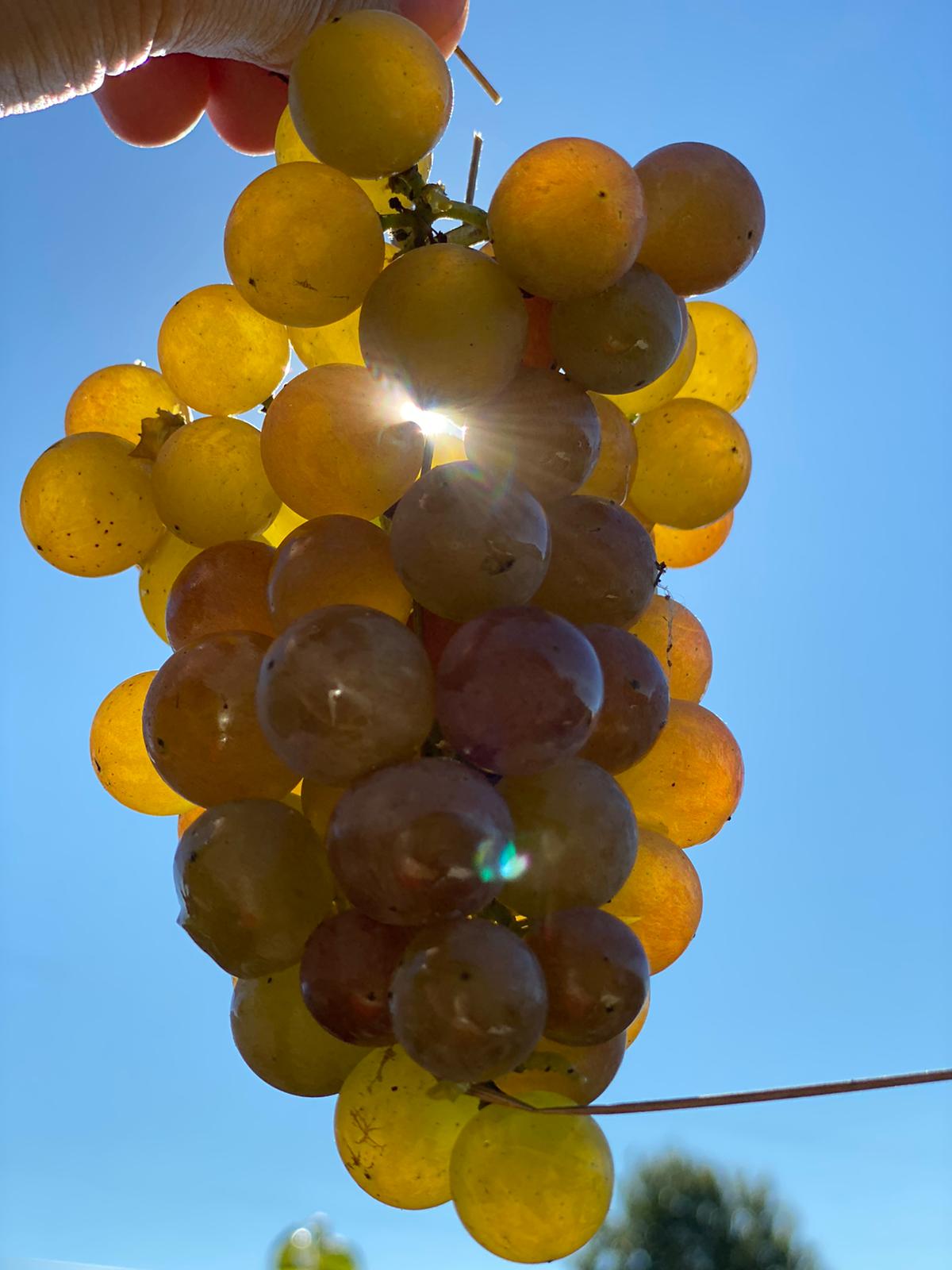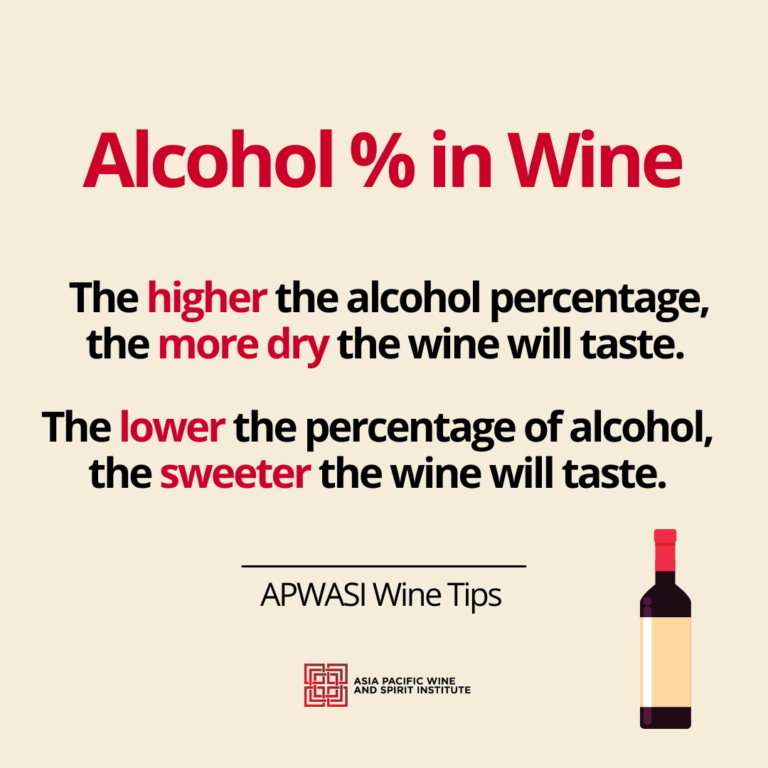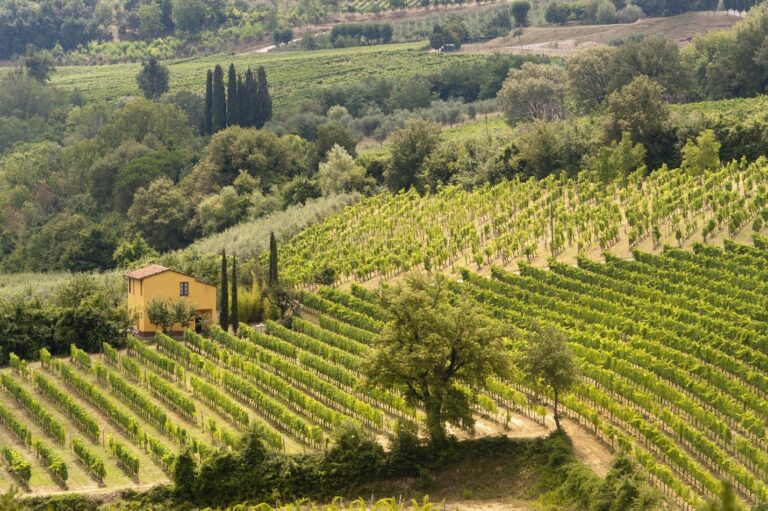I recall with great fondness when I first began the best adventure of my life – the studying of wine. Naturally, as any self-proclaimed respected scholar would confess, researching which wine course to study and select is of prime importance.
The choices were few then and the instruction delivery limited, unlike, today where students face a plethora of selection options and need to undergo a labyrinth of life-changing decisions before finally selecting a course. As Robert Frost wrote in his poem, “The Road not taken”, regret can and must be avoided by careful selection.
Before deciding which course to select, it is imperative that wine students should understand which category they themselves fit into. This is not unlike selecting your airline seat pre-Covid-19 days, do you prefer the aisle seat for ease of access or the window seat so you can see the view when landing, economy or business, depended if the company was generous mainly. Even first class was possible, unlikely but possible, if the client was gracious.
Here are a series of important questions that you must ask yourself to establish your own very personal space and category:
Wine students can be categorised as aspiring enthusiasts or promising wine professionals who want to make a career in the world of wine and spirits. Which one are you?
The wine courses are either online wine classes or the traditional face to face instruction, with the latter option becoming less popular and reducing each day as Covid-19 protocols change old teaching methods and place limitations. Everyone has their own idiosyncrasies, are you partial to any particular method or open and not too particular?
For the sake of semantics, not too be confused with the famous Japanese alcoholic drink sake, e-learning, digital wine courses, and online wine courses are considered one and the same for teh purposes of this article.
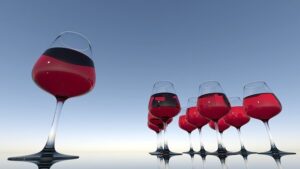
Wine students in the last 6-8 years increasingly want more flexibility and diverse choices in the wines they drink and the wine countries they wish to study. Consider, John, a young man offered a position as an importer of Argentinean wine in a company. He needs to learn about wines from Argentina quickly, deliberately and in detail. Options for him are limited, especially, if he needs to show some educational wine credentials specifically on Argentina within the next month. Can it be done? The answer is yes, but you have to know where to find the solution. Then, don’t forget to consider, the where, how and when students prefer to study. Which combination of options do you prefer and what factors are of huge importance to you?
Another aspect, students will need to think about is, should the wine and spirit course they select be one that offers certification at the end of the course or simply be a non-certified course. Is certification important to you? If you are wanting to make a career or have options later in life to enable a switch in careers then certification would be an important feature. If you wish to be more of an enthusiast then the answer would most likely be a hesitant no. Most people who enjoy wine also enjoy the fact that others can acknowledge their wine skills, and certification is seen as a “badge of honour”. Certification is the recognition of their wine prowess they subliminally seek and it is often not mentioned. Possessing an elusive bragging license, about wine, at the dinner table is certainly of great value to many. Which camp do you prefer to reside in?
Is the course free or not? Free sounds appealing but you do pay in a currency you can never get back or buy back, it is called “time”. Is it really free then? We all have a finite amount of time and as you mature, like good wine, time is a premium so cogitate your options.
The next consideration is whether the course is available in the language you prefer to learn in. Up to a decade ago not having a strong command of the English language was an insurmountable barrier to learning about wine. In 2020, this obstacle is now a myth as online classes offer various language options apart from English.

Finally, decide on the content level, the flexibility of the material you want in the wine course you want to study. The options are:
- Courses that only cover wine regions, grapes and different wine styles and production solely. These are helpful, but soul-less, robotic and suck the positive energy you possess as you regurgitate the memorized information during the examination period. Wine is an exhilarating adventure and demands more than mere memorization, it demands passion and never-ending enthusiasm that continually grows.
- Courses that cover all the above in option (1) but with a difference in approach. These courses are brimming with life, practical knowledge, include and encompass learning about cultural diversity and inclusivity and not just focus on learning about names and places but more on the how, why, where, when and where of wine knowledge. These courses change your perception on wine permanently and positively. These courses encourage you to build your base in the manner that suits you with the same infrastructural material. The fundamental difference is you are the architect.
- Courses that scratch the surface and enable you to reasonably talk about wine over dinner with some degree of confidence as the course material is limited.
- Pure wine memorization courses.
- Do you wish to have a pre-set inflexible wine for tasting or the ability to follow a recommended wine list that you can select individually or with friends that apply to your situation. Wines are not always readily available in many parts of the world. There is no uniform standard of availability, it literally depends on the market, the level of sophistication and regulatory boundaries.
Each permutation you make has its own benefits and costs or pros and cons whichever description you prefer. The best wine for you is the one you like the best. No-one knows you better than yourself and this principle also applies to your own defined parameters of which course is preferable for you.
There are literally thousands of free wine courses on the internet. Some offer certification of completion with no examination components, others offer a few minutes of video about a certain grape or region. Then there are courses that are over 10 hours. Each and every course has merit but they are too many to review. Courses are given by enthusiasts and professionals alike and the quality level and style differ and you decide which are worth spending your time on.
We have listed for this particular blog a few of the more outstanding and popular online courses. They are the current choice of many students and extremely popular. The selection criteria were based on:
- The courses must have an online component.
- They are paid courses and have an examination component.
- The completion of the course would lead to certification upon successfully passing the examination.
- The courses are more focused on wine knowledge rather than the professional approach to the “serving of wine” like the reputable courses offered by the Court of Master Sommeliers and the International Sommelier Guild.

We shall begin with:
Wine Scholar Guild (WSG)
The Wine Scholar Guild (USA) is a for profit wine education concern, unlike the Wine Spirit and Education Trust (UK), the Society of Wine educators (USA) and the Asia Pacific Wine and Spirit Institute (Canada) which are all non-profit operations.
WSG offers two choices of delivery the classroom and online. The online component has a further option of being either instructor driven and the other option is self study. Presentation material consists of neatly, professionally produced manuals, maps and quizzes.
They offer 3 courses in total, Spain, France, and Italy only. Their courses are country specific. There are other master level courses that students can select and they are on specific wine regions within the 3 country courses they offer. These are master-level certifications. While the courses are admirable, they are somewhat limited in number and perhaps also limits possible career options given the ever-increasing wide range of countries one must know in order to gain meaningful employment. The courses are comprehensive.
These courses are in-depth; however, one would need to have a sound wine foundation before embarking on these courses as they are advanced and for the newly minted wine student they may prove to be overpowering. If one has solid wine fundamental knowledge base these courses are impressive. There is no wine tasting examination component.
Content structure is more diversified and includes history and geography considerably more than WSET wine courses and slightly more than the Society of Wine Educators. They do have wine tours for students, predominantly their own students, nevertheless, travelling to the regions you learn about in books is invaluable and changes your perspective. Language options are limited.
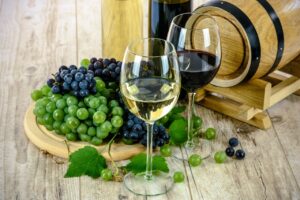
The Wine Spirit and Education Trust (WSET)
They are a non-profit organization based in London, UK.
Traditionally, the courses were offered by WSET Approved Program Providers known as APP’s. Up until recently, the on-line offerings were insignificant, but the Covid-19 pandemic injected an urgency to make on-line courses available. There are currently limitations to the delivery of on-line offerings as they depend on the APP’s ability and the wine levels the APP is permitted to deliver. They offer courses on-line and in class.
The courses offered range from Level 1 to Level 4. In general, Level 1 is the fundamental introduction to wine. Level 2 focuses on wine regions and grape varietals around the globe and understanding the differences in the grape due to geography and weather. Level 3 focuses on viticulture and vinification and specific wine producing countries. The chapters on the countries in level 3 are more like appetizers rather than the main meal. Level 4 offers the more in-depth country details in their Section 3, “Wines of the world”. Level 4 has 6 sections in total. On average depending on the course approach, to attain the Diploma could easily take one 3-4 years to complete. This is more due to the availability of the course being offered. A consideration, if you wanted to learn specifically about France for example in depth, following this WSET route would require you generally learning Level 1-3 before you can gain entry to Level 4. There are exceptions, but these are few.
The material is delivered in fine small print manuals and students while appreciating the information find the small print challenging. The wine information is good and requires great concentration. The content touches on some historical and geographical areas not as much as the Wine Scholar Guild or the Society of Wine Educators and APWASI. The courses do not have any cultural diversity, societal development of wine, inclusivity or diversity chapters or sections. These topics are increasing popular and demanded by wine scholars. Nevertheless, the materials, although, mainly textual are valuable for students. Their courses are available in several languages. Level 3 and 4 have wine tasting examination components.
Asia Pacific Wine and Spirit Institute (APWASI)
APWASI is located in Vancouver, Canada and is a non-profit organization like WSET and Society of Wine Educators.
Their course offerings are deliberating only on-line and they focus on the student learning about the how, why, where, who, when and what about wine. It is called the “APWASI Learning Cycle” where the students are encapsulated and supported throughout their studying career.
When students enroll, they automatically receive benefits from APWASI’s strategic partners. For example, they receive limited complimentary wine tasting software for their studies from two leading providers Quini and Tasting Par Excellence. Additionally, the students receive discounts when they wish to learn about a language from Rosetta Stone. For example, students studying about Wines of Spain may wish to learn to speak Spanish. Students also benefit from received discounted subscription rates on wine subscriptions from Jancis Robinson and access to a complimentary one year “Wine Spectator” online wine magazine.
APWASI has over 25 courses available in 26 languages. They offer 3 tiers of certification. Students can select any courses they wish to learn in any order they wish. Courses range from country specific courses like the Wine Scholar Guild. The WSG has 3 courses and APWSAI has 13 such like courses. There are also foundational courses like WSET Level 1-3 which APWASI has combined in their Wine Essentials 1-2 courses. APWASI is the only wine and spirit education body offering courses on Icewine, Wines of China, and Tequila as a stand-alone certification course. Additionally, APWASI has luxury courses like truffles and caviar. APWASI’s tier 3, APWASI Certified Professional in Global Wine and Spirit and WSET Diploma are comparable.
APWASI course content is delivered using a combination of texts, open source videos, photos, graphs and interactive maps. Each course is made up of lessons and each lesson has a quiz at the end of each lesson with a final examination. APWASI courses all have a historical, geographical, food and cultural section in their courses. They are committed to delivering wine and spirit education for the future, embracing cultural diversity and inclusivity yet encompassing all the latest technology to make wine education more exciting, more advanced and more relevant to gaining a career.

Society of Wine Educators (SWE)
The SWE is a non-profit organization located in the United States.
They offer three main programs the Specialist in Wine (CSW) and the Specialist in Spirits (CSS) culminating in the Certified Wine Educator. Society of Wine Educators (SWE) offers a range of self-study programs.
The courses come in the form of a well-written manual which can be purchased on Amazon and then you register to take the examination with the Society at designated examination centers. They also offer flashcards, quizzes, workbooks and seminars.
In order to be certified for these programs’ students need to undertake examinations offered at specific testing centers that are located in most major cities in North America. The locations are limited in other parts of the globe.
In summary, each certifying body has their own strengths and value. As a student you need to make your own selection based on your current criteria and future career needs. One aspect we all agree and acknowledge though, in the world of tomorrow, technology is leading the trends and dictating future career options as we see with 5G looming, smarter smart phones, Alexis and Siri. Everywhere we turn we see more not less technology coming into our daily work and life and this must be a consideration in your selection. We encourage you to relax, take a moment sit back and think about your selection criteria, perhaps sipping a glass of your favorite wine or spirit. Then, your greatest adventure will begin and we hope our paths will cross one day.

